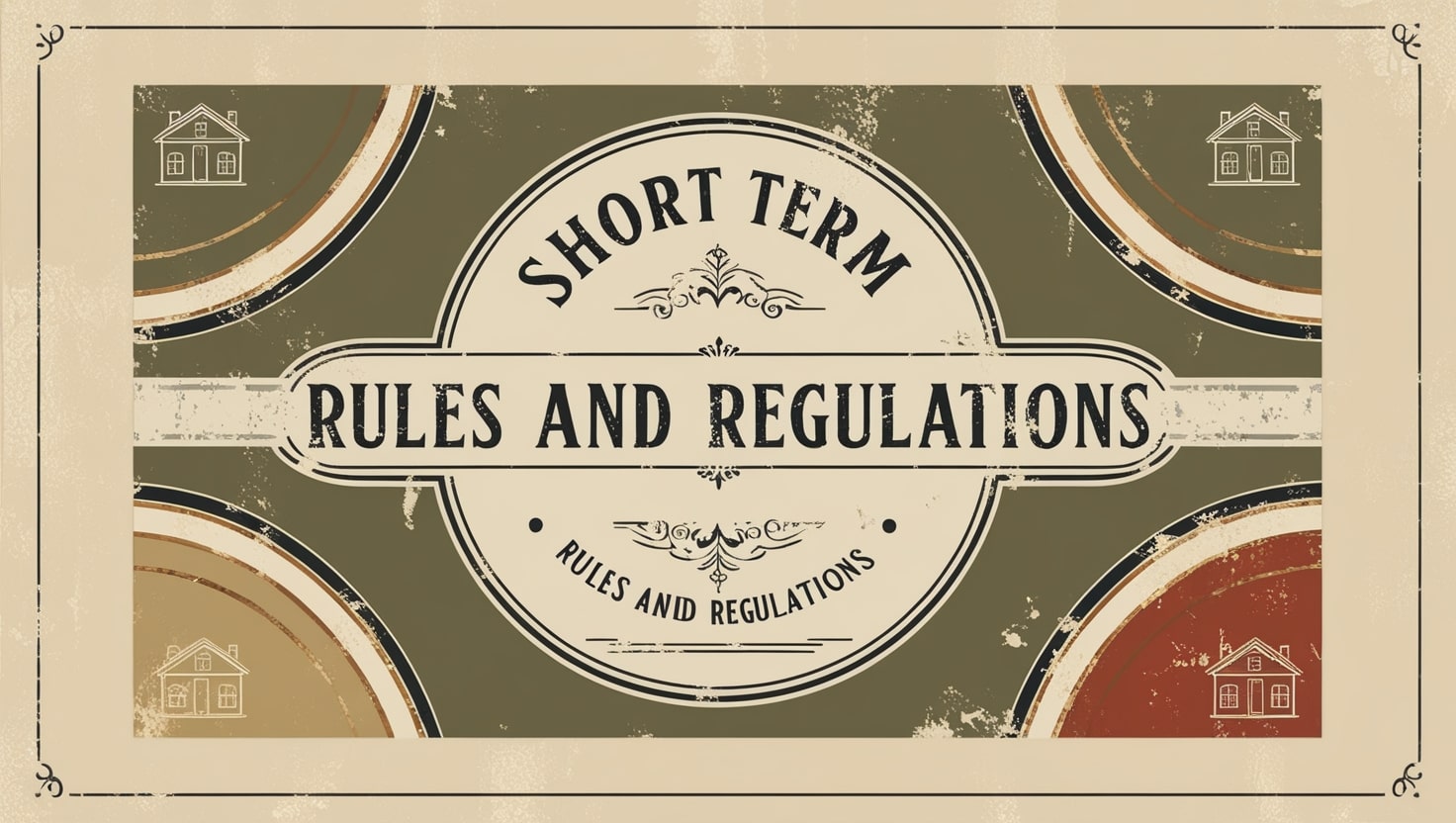Pretoria, South Africa Airbnb Rules & Regulations
Last updated on: 4th July, 2025


Last updated on: 4th July, 2025

In Pretoria, as in much of South Africa, there are currently no specific overarching regulations governing short-term rentals such as those on Airbnb. However, hosts must adhere to certain legal frameworks, including the Rental Housing Act 50 of 1999, which outlines the relationship between landlords and tenants. While local municipalities hold the authority to implement their own bylaws regarding rental activities, hosts in Pretoria are encouraged to check for any specific municipal regulations that may apply.
Although no specific rules on Airbnb rentals exist, hosts should obtain consent from their building's Homeowners Association or Body Corporate if applicable. This step is crucial to prevent potential disputes and ensure compliance with any relevant local governance or community ruling.
Hosts are also required to comply with general tax obligations, as income generated from Airbnb hosting is taxable. It is advised to consult with a tax professional to understand specific tax duties such as income tax, VAT (if earnings exceed R50,000), and any implications for personal income declaration.
Best practices for Airbnb hosting in Pretoria include maintaining cleanliness and safety, understanding the responsibilities to neighbors, and managing guest behaviors to mitigate disturbances. Hosts are advised to create clear guidelines for their guests regarding noise, parties, and communal areas.
In short, while Pretoria's regulatory framework around short-term rentals on platforms like Airbnb is still evolving, hosts must ensure they're compliant with broader rental laws and community regulations, manage their tax responsibilities, and prioritize responsible hosting practices.